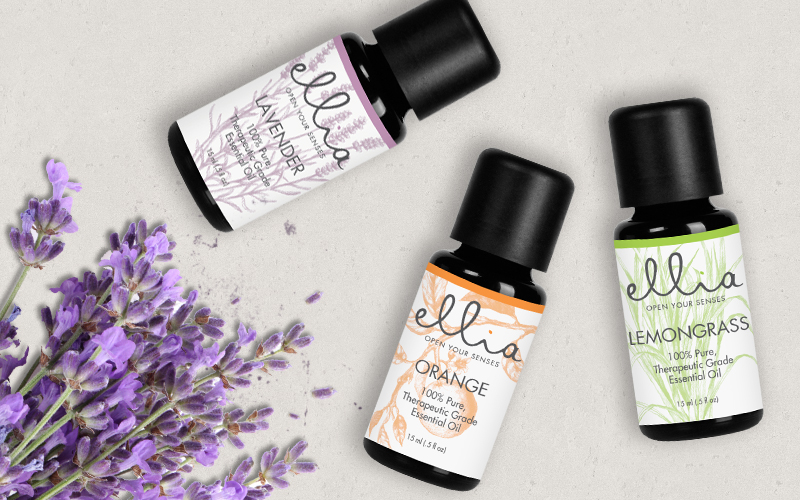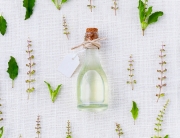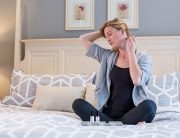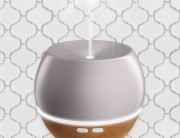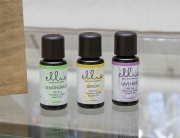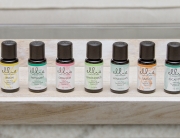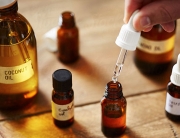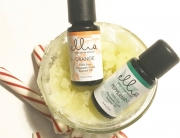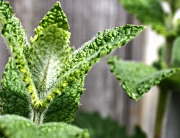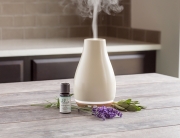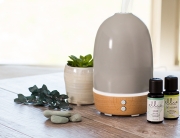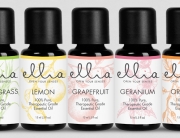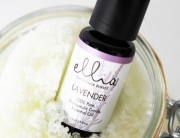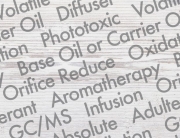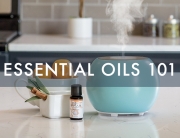When used the right way, essential oils can (almost) work magic. Not only do they help relieve stress, they can also boost your mental clarity and improve your well-being.
The best part? Getting the effects you’re after is beautifully easy. All it takes is a little information—all to make sure you’re using essential oils as safely as possible.
Before you begin using essential oils, take a look at our 11 quick tips:
- Experience your oils aromatically.
Did you know the safest way to use essential oils is aromatically, through a diffuser? As an added bonus: It’s also the shortest route into the body. - For topical use, dilute.
If you choose to use essential oils topically, using a carrier oil can make it more comfortable. Carrier oils like olive, coconut, jojoba, and almond quite literally carry the essential oil into your skin, and they help a small amount of essential oil go even further. To dilute, the standard rule of thumb for an adult is ½ tsp. carrier oil for every 1 to 3 drops essential oil. - Perform a patch test.
To make sure your skin isn’t sensitive to a particular oil, test it on a small part of your body. Just combine 1 to 3 drops of essential oil and a ½ tsp. of carrier oil. Then, wait 24 to 48 hours. - Store before you pour.
Keep your essential oils in their violet or amber glass with their caps tightly closed. When not in use, the best place for them to be is in a cool, dry spot, away from any light. (And also away from children and pets.) - Mix it up.
No matter how much you love the scent, avoid using the same oil again and again. Sometimes, stronger oils can irritate the skin when used topically for a prolonged period of time. - With kids, use caution.
When it comes to children, the rules for essential oils change according to age, because oils can have a stronger effect on smaller bodies. However, once they’re 12 years old, they can usually use the same amount of oil as an adult. - With pregnancy, follow the best practices.
For pregnant women, it’s recommended that usage be kept to a minimum during the first few months, and then used with discretion. Some oils are considered to be generally safe, like lavender, geranium, and orange. However, others (like cinnamon and sage) are best avoided, or used in extremely small amounts. - Wait for them to warm.
If you freeze your essential oils, let them thaw completely, as some components can thaw more quickly. - Stay out of the sun.
When used topically, some essential oils, especially citrus scents, can cause sensitivity if exposed to sunlight. When using these oils, we recommend avoiding the sun for 12 to 48 hours after applying. - Keep oils out of eyes.
If you get essential oil into your eye, try flushing it out with cold milk or vegetable oil—not water. Milk and vegetable oil will draw the oil to them, making it easier to get out. If the stinging persists, seek medical attention immediately. - Consult an expert.
If you have sensitive skin, epilepsy, heart or kidney problems, respiratory issues, or any serious medical condition, talk to your healthcare provider before buying essential oils. While they’re widely-regarded as safe, it’s always best to be sure.
For more essential oil tips and tricks, follow us on Pinterest.

